The World Bank has approved three financing operations totaling $1.08 billion to enhance education, nutrition, and economic resilience in Nigeria.
According to a statement on the bank’s website, the concessional loans will improve education quality, build household and community resilience, and enhance nutrition for underserved groups.
The approved funding includes:
$500 million for the Community Action for Resilience and Economic Stimulus (NG-CARES) Programme,
$80 million for Accelerating Nutrition Results in Nigeria (ANRIN 2.0), and
$500 million for the Hope for Quality Basic Education for All (HOPE-EDU) initiative.
The NG-CARES Programme, initially designed to mitigate the economic effects of the COVID-19 pandemic, will now expand its reach to provide livelihood support, food security services, and grants for poor and vulnerable households. The programme has already benefited over 15 million Nigerians and will now focus on long-term resilience amid economic challenges like the 2023 fuel subsidy removal and foreign exchange rate unification.
The ANRIN 2.0 initiative aims to improve nutrition services for pregnant women, lactating mothers, adolescent girls, and children under five. It aligns with Nigeria’s National Development Plan (2021–2025) and will build on the previous phase, which provided nutrition services to over 13 million children between 2018 and 2024.
The HOPE-EDU initiative will support foundational literacy and numeracy, expand access to basic education, and strengthen education systems across participating states. It is expected to benefit 29 million public primary school pupils, 500,000 teachers, and over 65,000 schools. Additionally, the project has secured $52.18 million in supplementary funding from the Global Partnership for Education Fund.
Commenting on these efforts, World Bank Country Director for Nigeria, Dr. Ndiame Diop, stated, “Investing in human capital is critical for Nigeria as it offers the best opportunity to unlock its enormous potential.” He emphasized that the programmes would help accelerate education quality and provide support for vulnerable citizens.
Diop also highlighted that ANRIN 2.0 will enhance access to micronutrient-rich foods and nutrition services at primary healthcare levels, while the NG-CARES funding will help transition Nigeria from pandemic response to long-term economic resilience.
























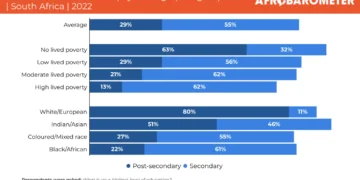

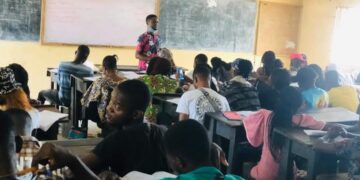
























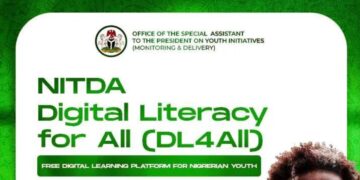












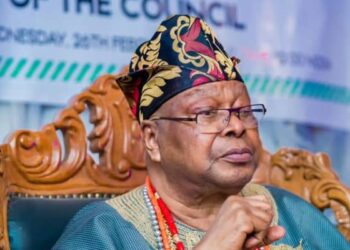
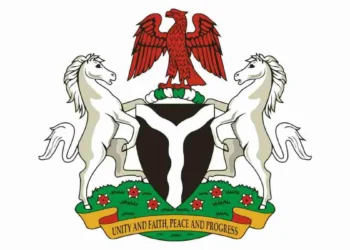

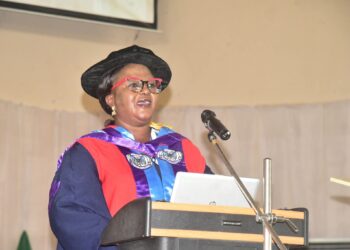

 EduTimes Africa, a product of Education Times Africa, is a magazine publication that aims to lend its support to close the yawning gap in Africa's educational development.
EduTimes Africa, a product of Education Times Africa, is a magazine publication that aims to lend its support to close the yawning gap in Africa's educational development.

